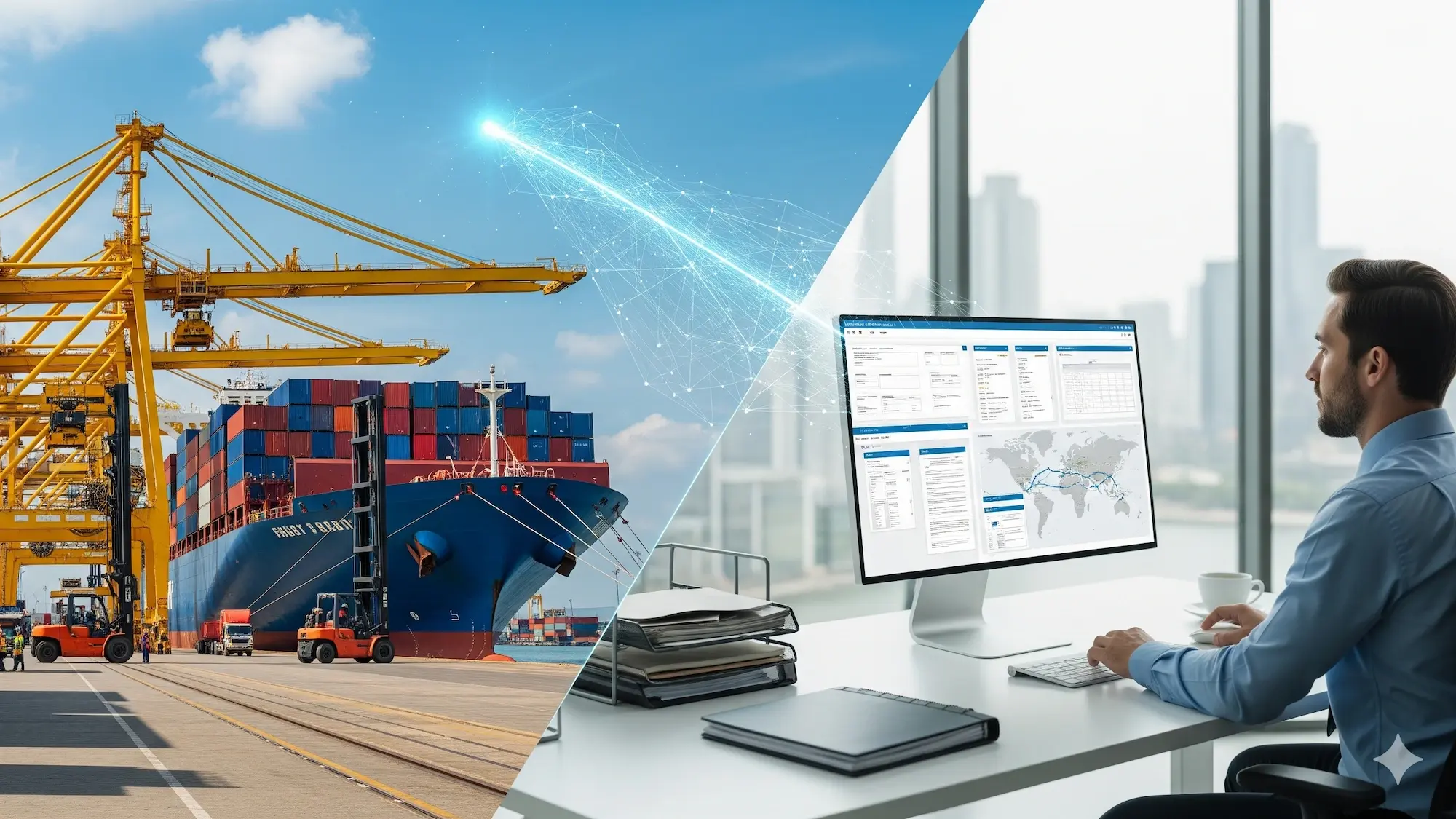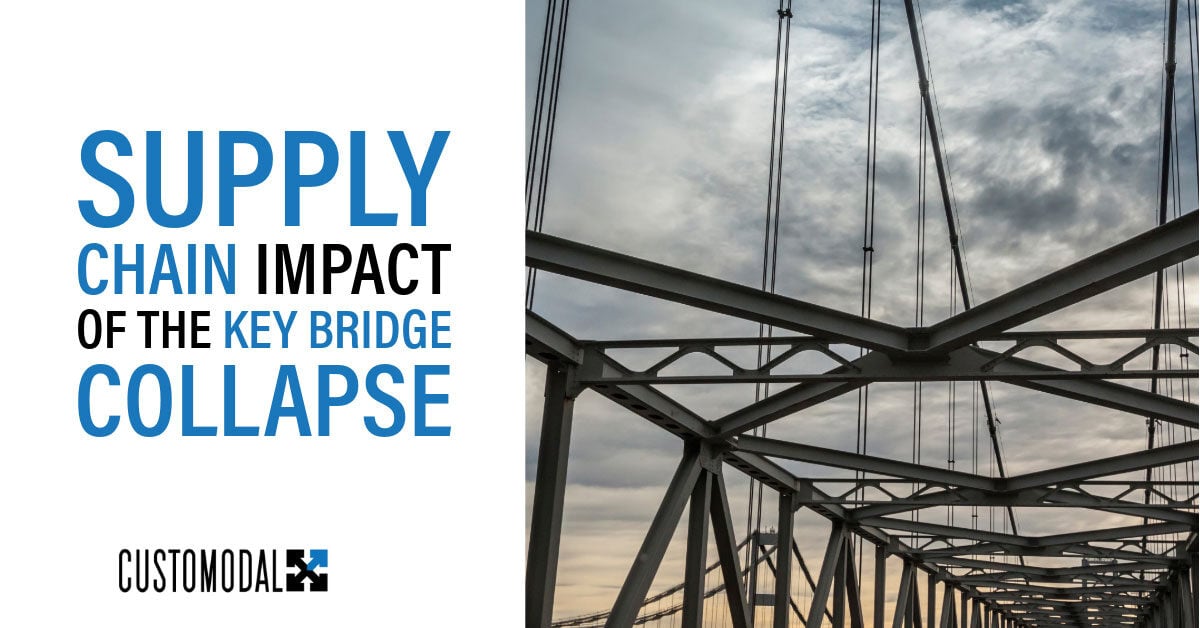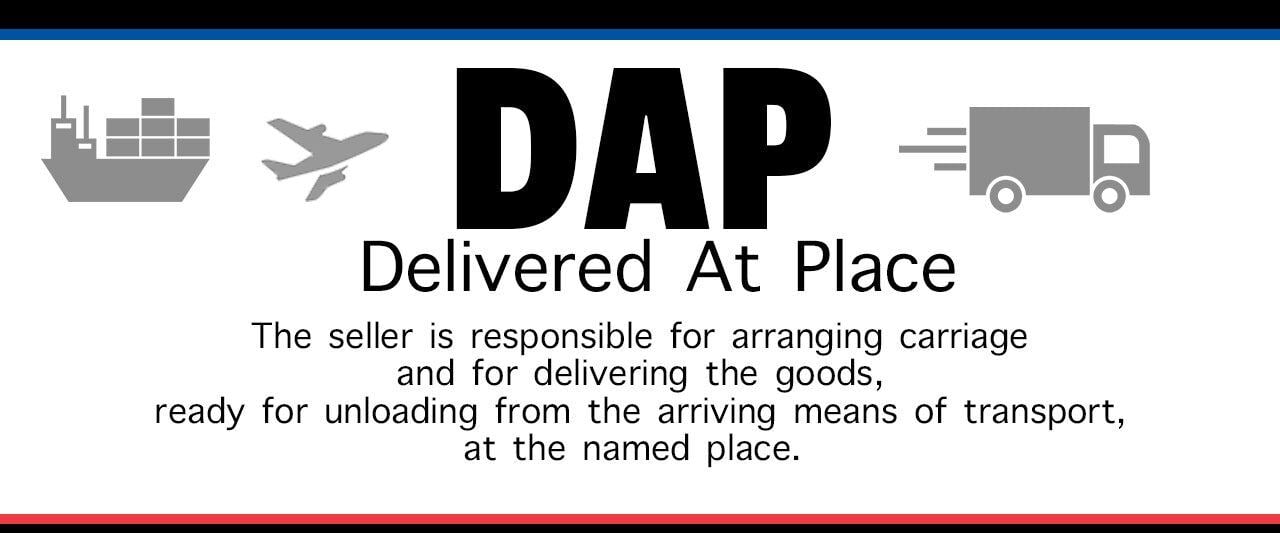
So, you've planned your international shipment. You have the goods ready, and understand your freight terms clearly. But what happens when your cargo reaches the border? The answer lies in something that even experienced shippers fear: customs clearance.
This is the important part. Your shipment has to get government approval to enter a country legally. This means checking paperwork, paying duties and taxes, and making sure your cargo follows the rules. It's a confusing maze of forms and fees, which might make you wonder: Do I need a professional to handle this for me?
Below, we'll look at the customs clearance process, explain what a customs broker does, and help you decide whether their experience is the key to a smooth, headache-free international shipment.
The Three Pillars of Customs Clearance
It's easier to understand what we mean by customs clearance if we break it down into three core pieces. Just like figuring out LTL, cross-border shipping means you need to prepare for problems. And you need to understand specific challenges. The trick to mastering customs is all about these three areas.
Documents
This is the key part of any successful customs process. Accurate and complete paperwork is important for all shipments. You can face serious delays, fines, or rejection without it. The most important documents include:
-
Commercial Invoice: A detailed bill of sale for the goods.
-
Packing List: A list of items in the shipment, including their dimensions and weight.
-
Bill of Lading: The contract between the shipper and the carrier.
-
Certificates of Origin: Verifies where the goods were made, which can impact duties.
Mistakes here are more common than you might think.
Industry reports suggest that as many as 80% of customs violations are due to basic mistakes in your paperwork, such as missing signatures, wrong incoterms, etc.
Think of it this way: customs officials don't have time to guess. They will flag your shipment if the information isn't perfect and they're not sure about something.
Duties and Taxes
Every country has its own set of fees for goods entering its borders. These are known as customs duties and taxes. They aren't random; they are typically calculated based on several factors:
-
The item's classification: This is determined by its Harmonized System (HS) code.
-
The item's value: The price of the goods at that specific time.
-
The country of origin: Trade agreements between countries (like the ones that impact Incoterms like CIF and CIP) can significantly change these fees.
It's easy to mislabel an item, leading to incorrect payments and, in some cases, severe penalties. Understanding the math is important for correct financial planning, and an experienced broker is invaluable here.
Pillar 3: Inspections and Compliance
Even with perfect paperwork and paid duties, your shipment isn't guaranteed a clear path. Customs officials have the right to inspect any shipment for a variety of reasons, including:
-
Safety and security: Ensuring the goods aren't hazardous or illegal.
-
Product standards: Verifying the products meet local regulations (e.g., electronic safety standards, food safety).
-
Intellectual property: Checking for counterfeit or knock-off goods.
Staying in line with all of these rules is critical. A non-compliant item in a large shipment can hold up the entire load, leading to costly storage fees and logistical problems.
The Big Question: Do I Need a Customs Broker?
With all of these things that could go wrong, it's no wonder many people wonder if they need a professional. The simple answer is, yes, you can technically handle customs clearance yourself. But, using a customs broker is almost always the better choice for businesses and complex shipments.
A customs broker is a licensed expert who acts as your representative to customs authorities. They are specialists in a constantly changing field. Just like a freight broker helps you figure out the global landscape of shipping lanes and carriers, a customs broker navigates the confusing world of global trade laws. They know the language of tariffs, trade agreements, and specific regulations that can be hard to understand.
Who is a broker essential for?
-
Businesses of all sizes: If your business involves importing or exporting, a broker is your best defense against costly errors and delays.
-
Complex or high-value shipments: If your cargo includes multiple types of products, requires special permits, or is highly valuable, a broker's expertise is necessary.
Who might a broker be optional for?
-
Individuals shipping personal effects: If you are moving to a new country and shipping a few boxes of personal belongings, you might be able to handle the process yourself, especially if the value is low and the items are straightforward.
Why a Broker Is a Smart Investment
Using a broker isn't an extra cost—it's an investment in efficiency and risk management. Here's why:
-
Time Savings: Your time is important. A broker handles all the paperwork and communication with customs, leaving you free to focus on your business.
-
Avoid Extra Costs: The cost of a broker is often a fraction of the possible fines and fees you could face from a customs mistake. A single penalty for non-compliance could be thousands of dollars, which will be much larger than the cost of professional help.
-
Expertise and Compliance: Customs laws are constantly changing. A broker stays up-to-date on all the latest rules, from new tariffs to updated documentation requirements, ensuring your shipment always follows the rules.
-
Problem-Solving: When problems arise—and they will—a broker is your first line of defense. They can quickly address a customs hold or resolve a problem, preventing a small hiccup from becoming a major logistical nightmare.
Your Partner in the Global Supply Chain
The world of international shipping can feel overwhelming, from understanding Incoterms to choosing the right freight partner. But just as a freight broker makes the shipping process easier, a customs broker takes care of the last stages of the international journey. The value of an experienced guide is priceless.
In the complicated landscape of international freight forwarding, having a partner who can manage both the shipping and the customs clearance process is a huge advantage. It gives a single point of contact and a seamless flow of information from origin to destination.
Still wondering if you need a broker for your specific shipment? Navigating global shipping requires a partner you can trust. At Custmodal, we offer logistics solutions that include expert customs brokerage services to ensure you move smoothly across borders. Contact our experts for a quote to see how we can help you with your next international shipment.





